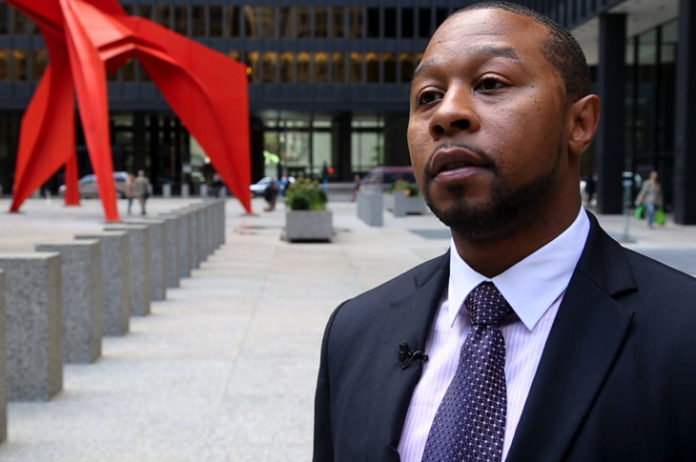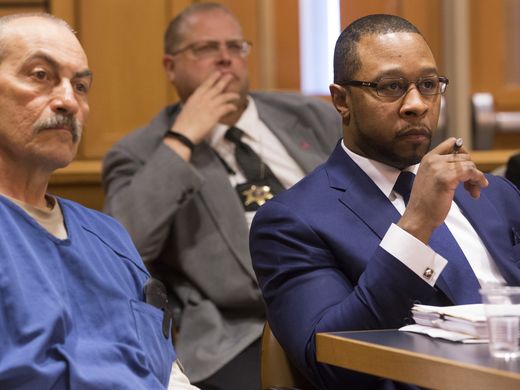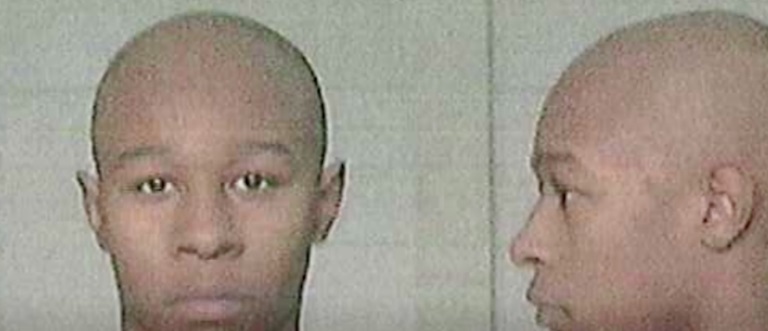
This man went from proving his innocence while in prison to helping others prove theirs as an attorney.
When Jarrett Adams was just 17 years old, he was arrested and subsequently wrongfully convicted of sexual assault after being charged alongside two other boys of engaging in a group assault during a trip to the University of Wisconsin. While one of the boys was acquitted, Adams and the other boy were each found guilty and Adams was sentenced to 28 years in prison.
While it’s sad that Adams and the other boy were wrongfully convicted, it’s even worse when looking at why such a wrongful conviction occurred in the first place. The boy who was acquitted was able to hire a private lawyer, who located an alibi witness and presented conflicting evidence, but the other two couldn’t afford a lawyer and settled for court-appointed attorneys.
Adams’ lawyer did not attempt to contact the alibi witness, nor did they offer any sort of defense for the accusation. Other than the testimony from the victim, there was absolutely no evidence linking Adams to the crime, yet he was convicted and sentenced to a lengthy prison term.
Once Adams was in prison, he was assigned to a cell with an older man called “Pops” who was serving a life sentence. Pops overheard Adams talking on the phone about his innocence and set out to help him overturn the conviction. Adams said that Pops told him,
“I’m never in my life going home and you’re in here for some racist bull crap, where your attorney did not do his job–did not call any of your alibi witnesses.” It was the turning point for Adams, who said he had little hope after several local appeals were denied.
Rather than fixate on his case alone, Adams began studying law heavily, inspired by the lack of effort put into his case and other innocent prisoners like him. Though he had never been to college, he used his motivation to fuel his in-depth research into the appeals process and other legal matters through the prison’s library. Through his research, he found that:
“There were a lot of young black people in there as a result of bad representation, not knowing anything
about the law, pleading guilty to cases where they shouldn’t have plead guilty. I’m driven now, because not only do I want to prove my innocence, but I also want to advocate on behalf of those who I know were just like me.”
Since he knew he would have to file a federal appeal for his case, he decided to employ the help of the Wisconsin Innocence Project, who nearly didn’t accept him because the odds were slim that they could help him. However, at the request of Kevin Findley’s students, the co-director of the project, they took Adams’ case for one reason:
“We believed he was innocent,” Findley said, and “we thought the evidence used against him to convict him was horrifyingly weak.”
Thanks to the help from the Wisconsin Innocence Project and Adams’ active engagement in how best to fight his appeal, his conviction was overturned unanimously by three federal judges. After 9 years of serving time for a crime he didn’t commit, Adams was finally free and filled with ambition to help others like him. While in prison, he used his knowledge to win the appeals for 17 internal disciplinary appeals for others.

Since his release, he started school at a community college and later attended Loyola Law School in Chicago, where he recently graduated from. Adams has begun using his degree for good, as he has helped with a new project where the Loyola Dean David Yellen has been asked to identify cases where the conviction was based on confessions given after being tortured or abused by law enforcement.
“I would identify someone in prison who might meet the criteria of having been tortured and potentially being entitled to a new trial,” Yellen said. “Jarrett would pull the court document, review in detail all of the background information,” and offer recommendations.
This project has started to yield results with the overturning of a 1990 murder conviction, and Adams has moved on to become a clerk on the Seventh Circuit Court of Appeals, which is the court that ultimately overturned his conviction.
What are your thoughts on this story? Please share, like, and comment on this article!
This article (This Innocent Prisoner Went From Felon To Lawyer Because Someone Believed In Him) is free and open source. You have permission to republish this article under a Creative Commons license with attribution to the author and TrueActivist.com





